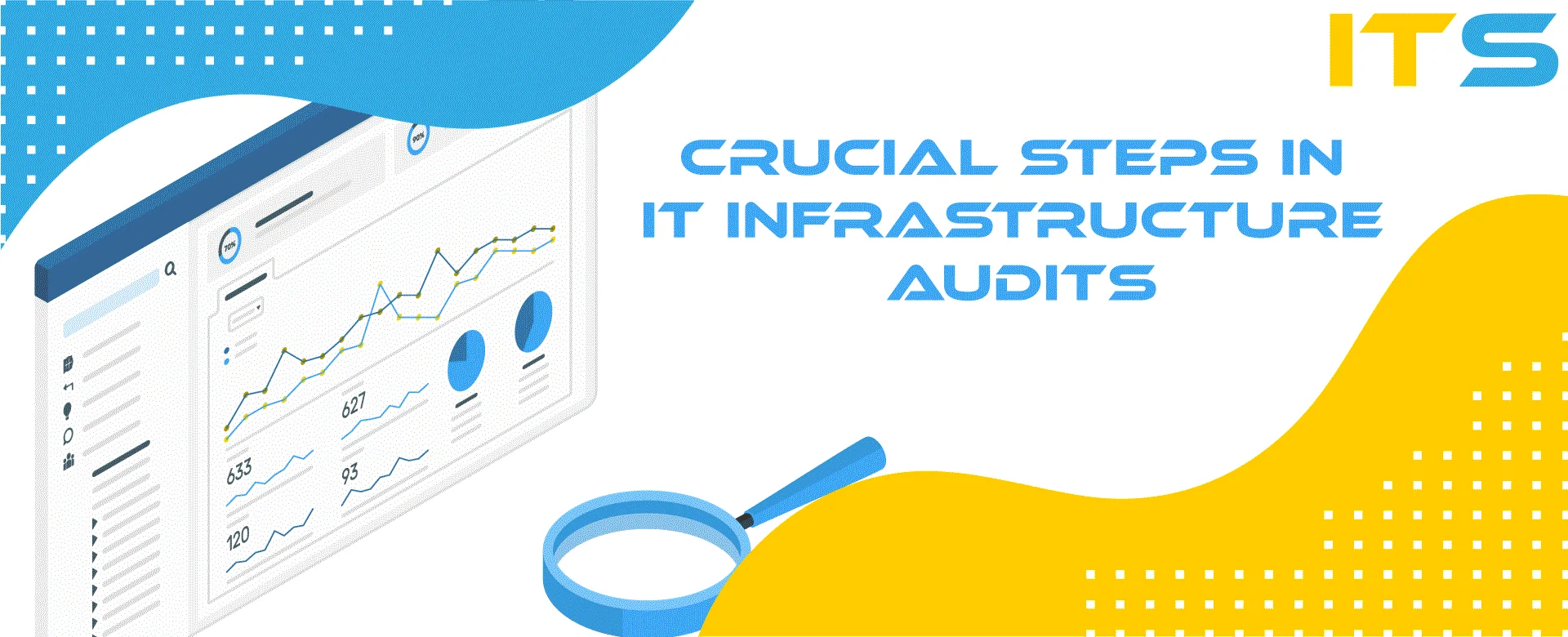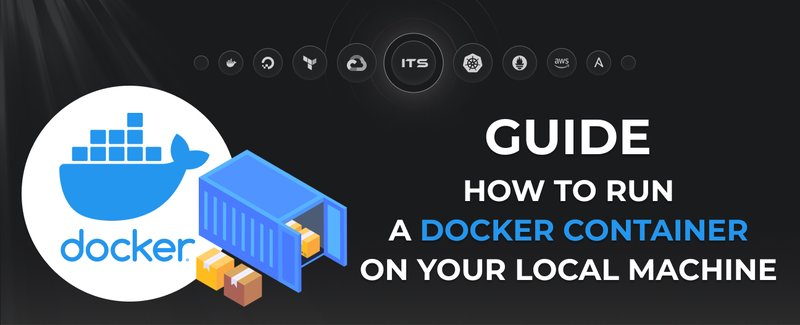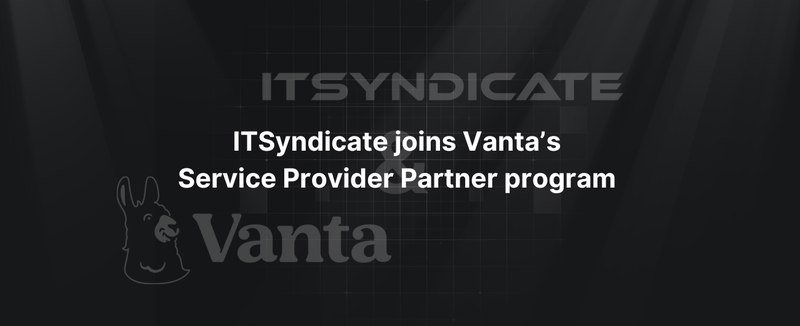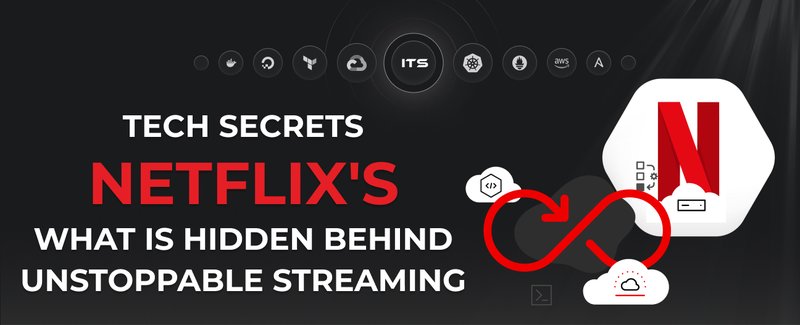Keeping an eye on what’s going on in the project (and if it’s going well ) might be extremely tedious. There are just too many interconnected components to be considered. But don’t worry - we will guide you through the most common auditing phases that will help you to have a pretty good view of what’s going on.
Optimizing project success
First things first, let’s try to separate the project into several parts. Although there is no rule of thumb, some things are intuitive to understand. We should check security, general development workflow, and some infrastructure resilience. We will conduct more granular research, but for now, let’s keep in mind three questions we will try to answer: how secure is the project? How efficient is development, or ‘Are there any bottlenecks?’ How resilient to disasters or incidents is the project? Security is a broad topic on its own. You can find thousands of security-related articles and still miss something critical. But instead, start small - check for best practices and well-known things.
In fact, many projects ignore some of the most basic security recommendations, so check them first. We strongly suggest you start with IAM (identity and access management). Ensure no excessive permissions and credentials are not shared too freely. Although “development efficiency” looks like a non-technical concern in many ways, it’s completely technical. You may have one of the best developers, yet they might waste time on stuff unrelated to product development. And usually, this is a lot of time. Yes, I’m subtly coming to CI/CD stuff, but it’s not the only thing to look at. Many parts of your project tend to drag developers’ attention, so the best way to address most of them is to ask developers directly: is CI/CD and workflow good enough? Is there something that takes too much time? If complaints are rare, you are doing good.
Ready to transform your project?
Schedule a consultation for a tailored audit that unlocks your full potential. Our experts are here to guide you towards optimal security, efficiency, and resilience. Take the first step – contact us now!
Essential steps for resilience
Finally, resilience concerns - this topic is as broad as security, but fortunately, the same approach is applicable - start from the basics. Those are backups, monitoring, alerting, and disaster recovery plans. In general, this is DevOps/SRE/Operations responsibility, so ask them first. Before asking about backups, identify all the main data storages you have - databases, disks, etc. For monitoring and alerting (that are tightly coupled), the first question to be asked is, “How long does it take to figure out something is broken.” Obviously, the faster - the better. Finally, a disaster recovery plan. Most likely, you won’t be able to check it directly, but you should always ask how the disaster recovery plan was tested (for instance, if backup recovery was tested, how much time it took, and so on).
Docker commands and Dockerfile usage for running containers on a local machine
Docker commands and Dockerfile usage for running containers on a local machine
Netflix tech stack for powering streaming backend and cloud solutions






